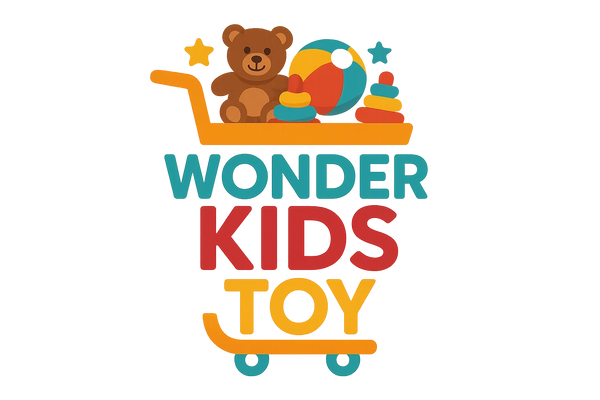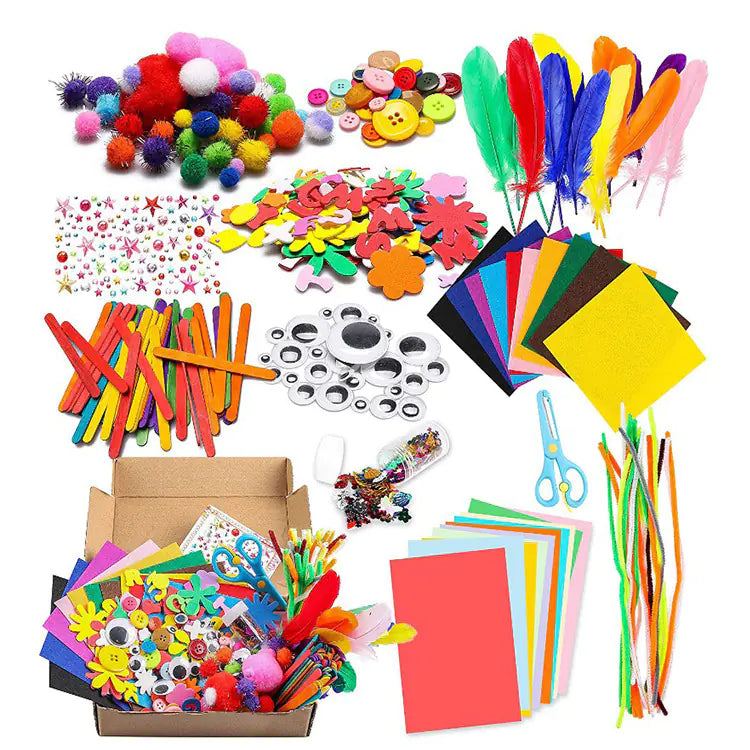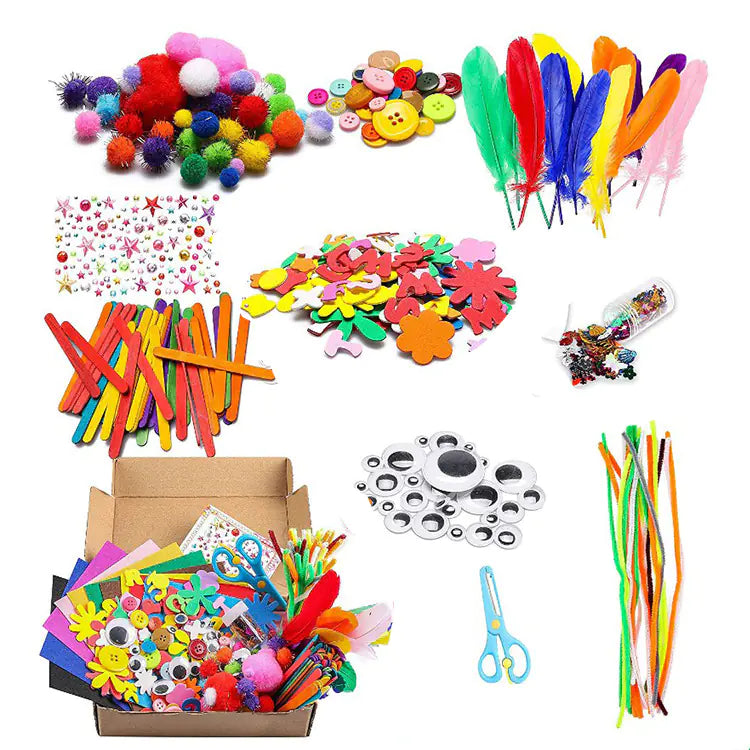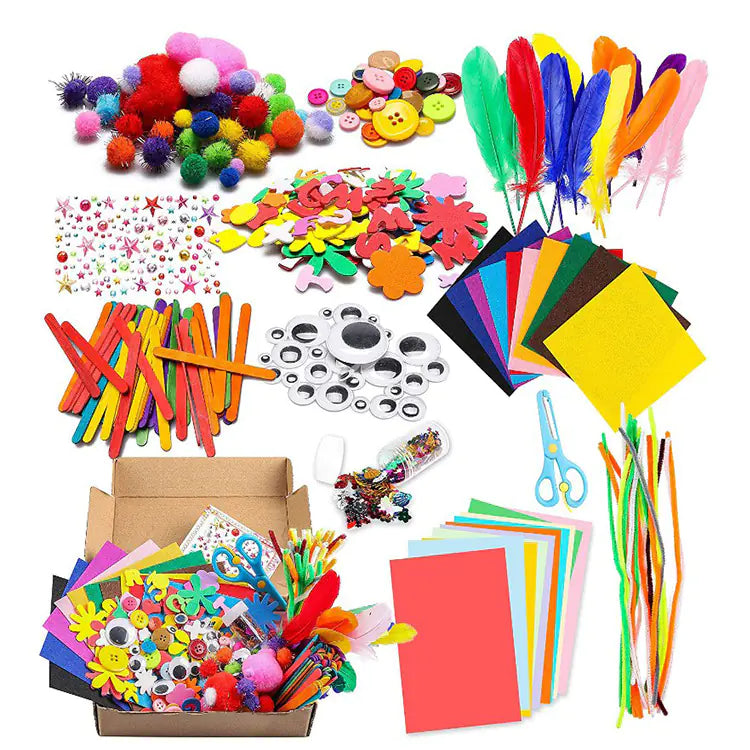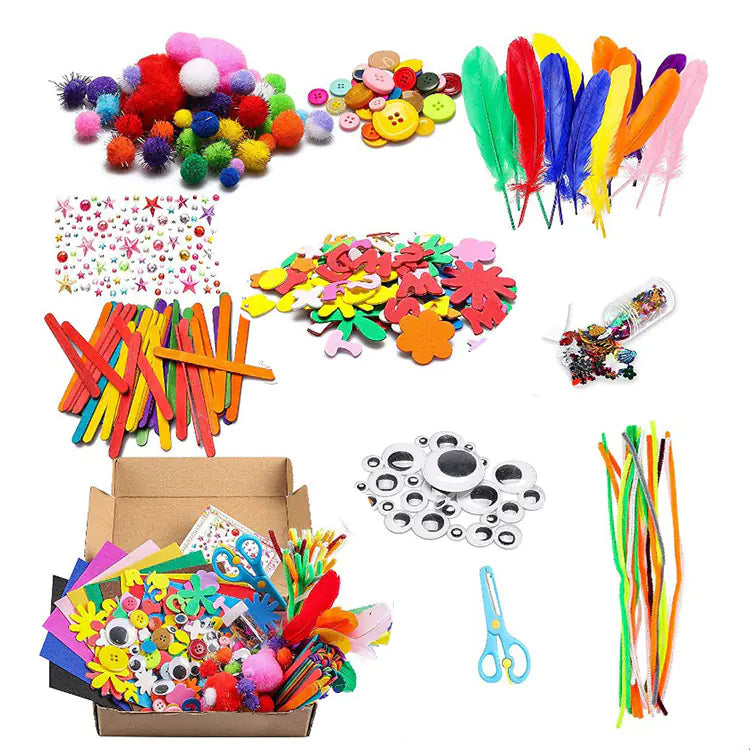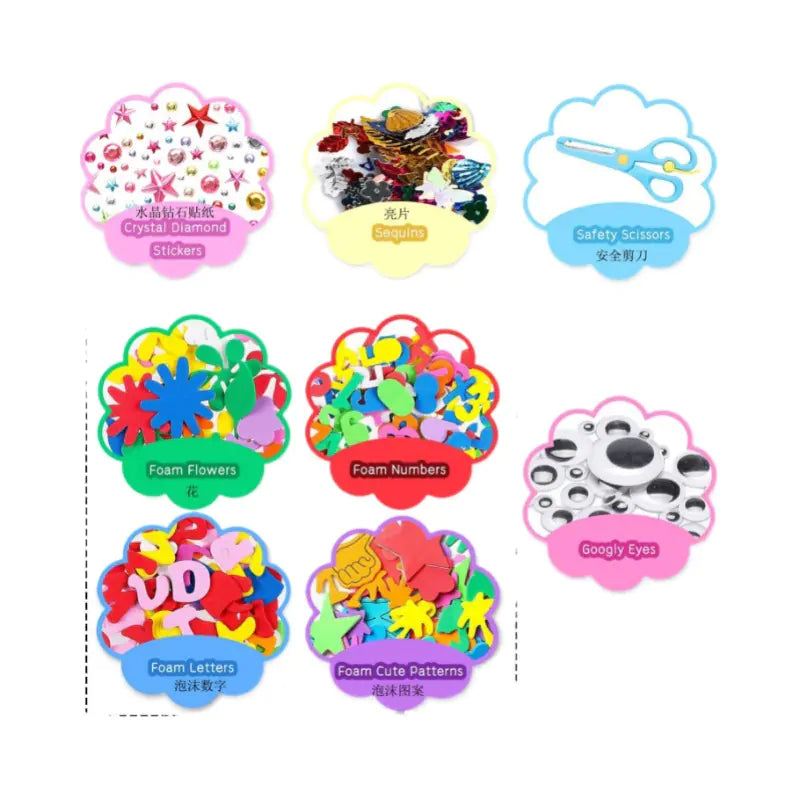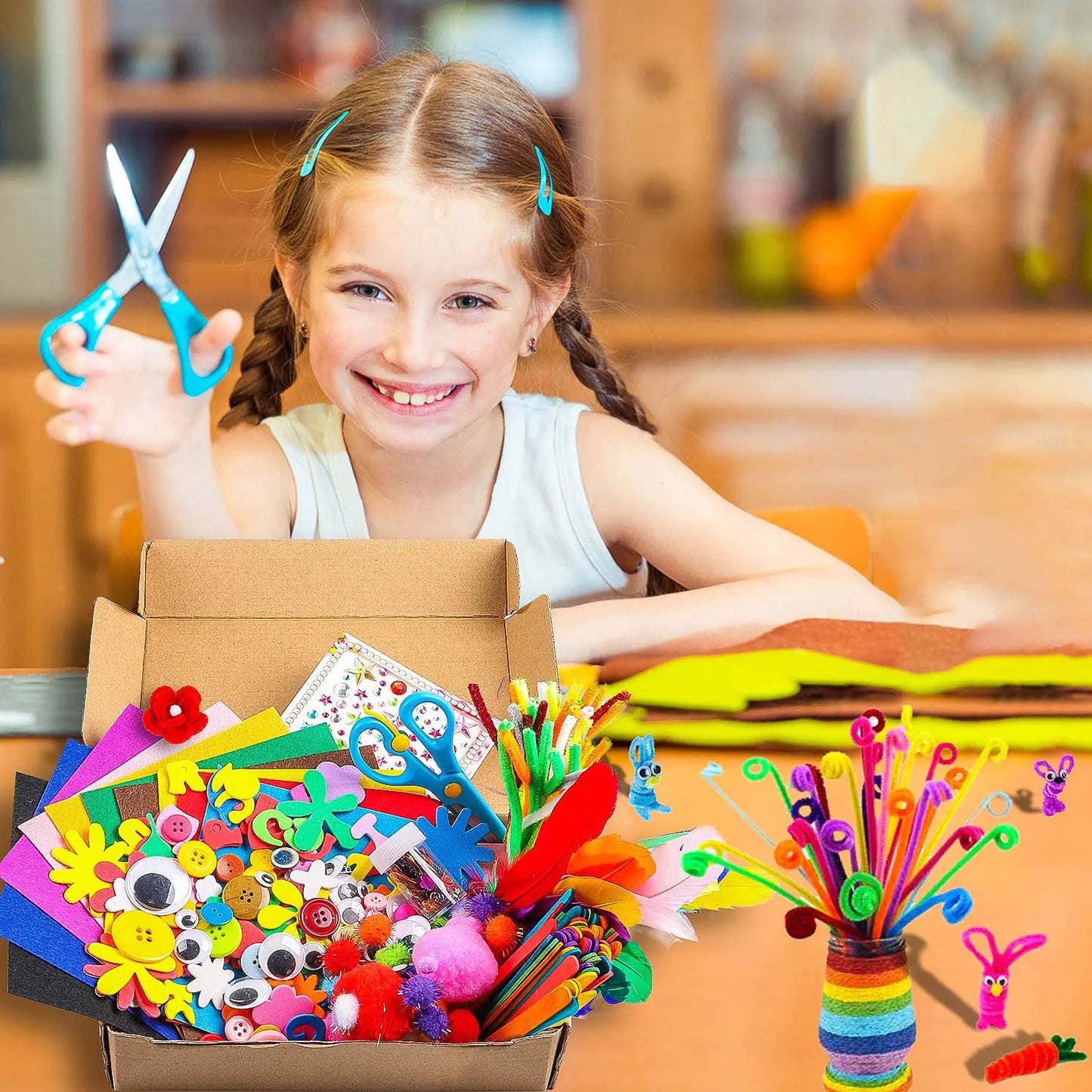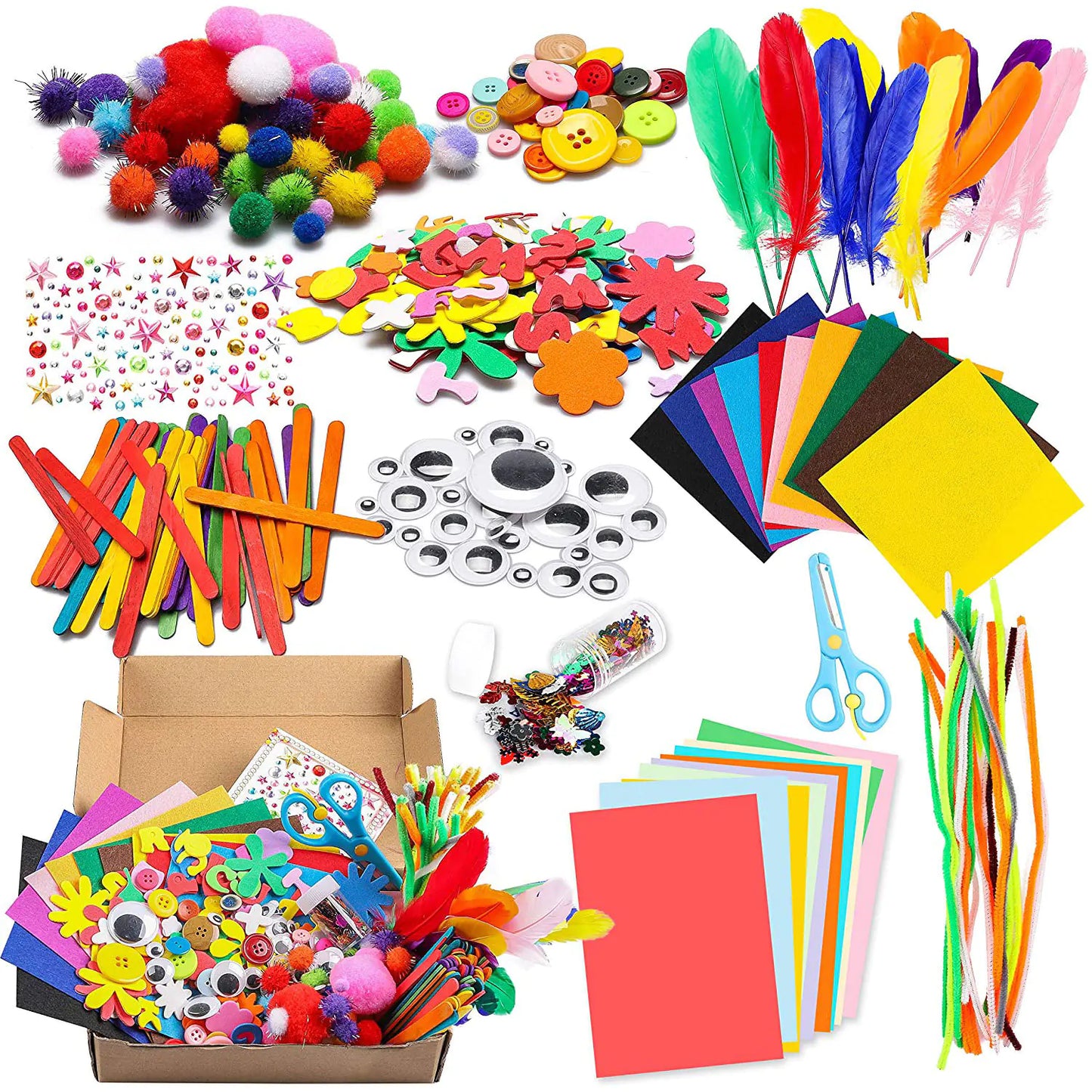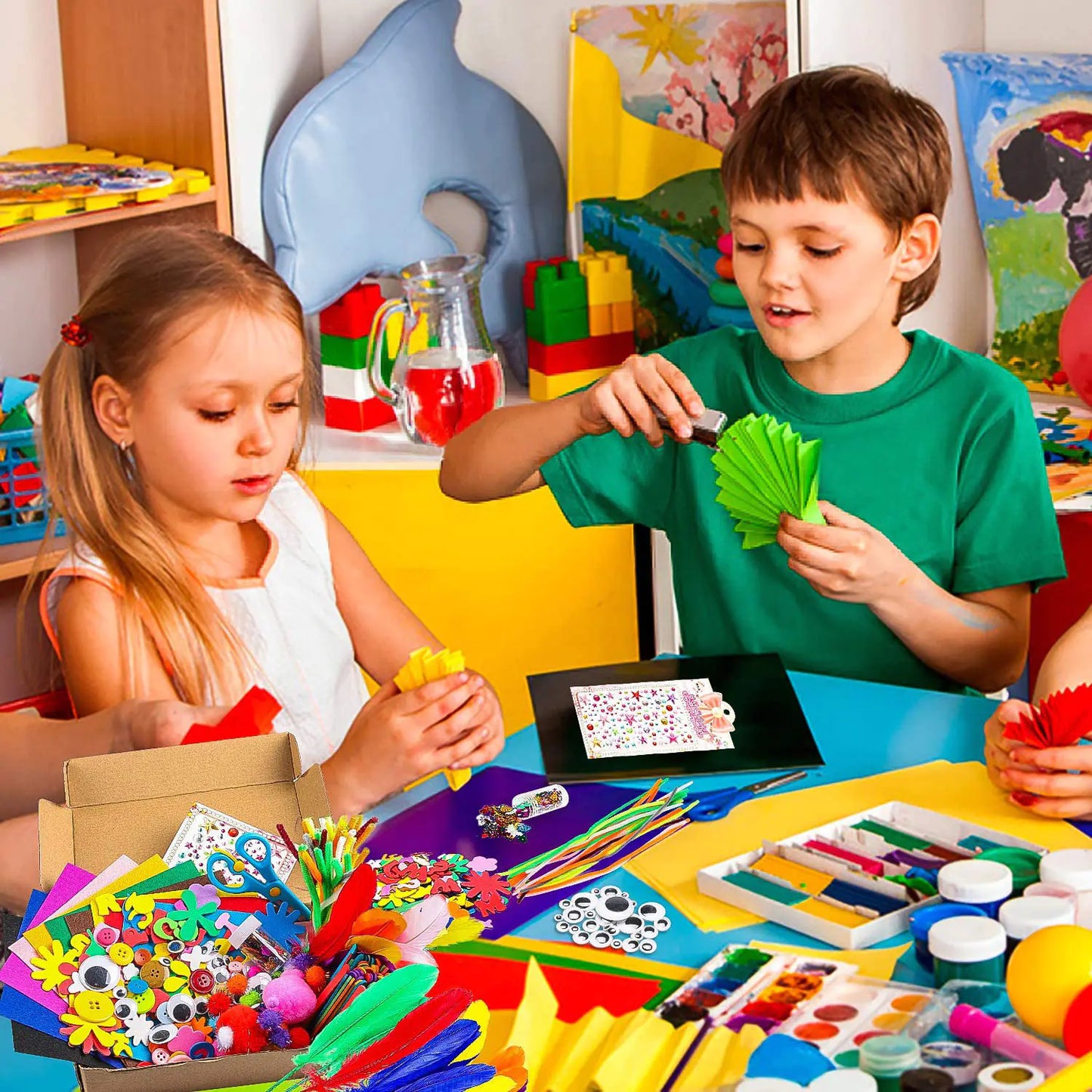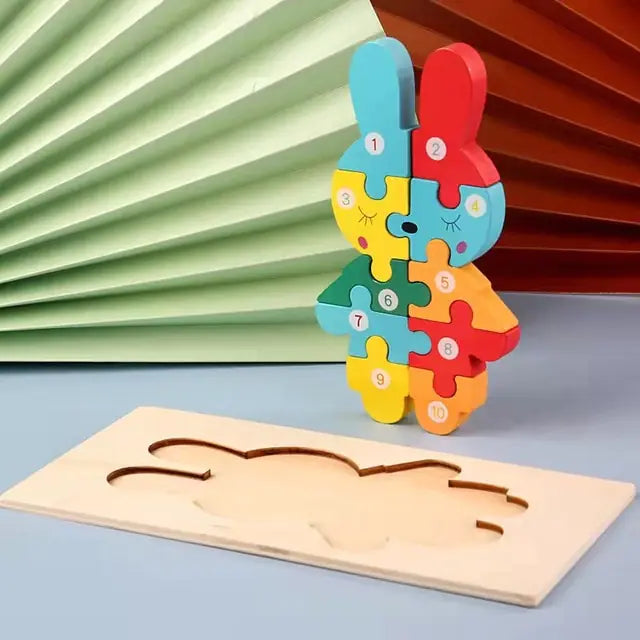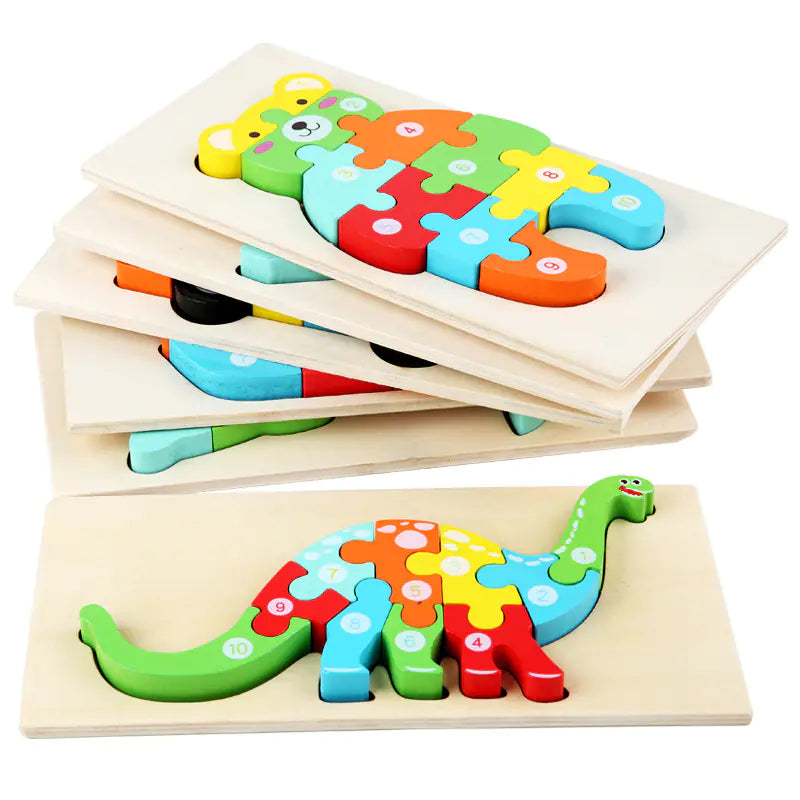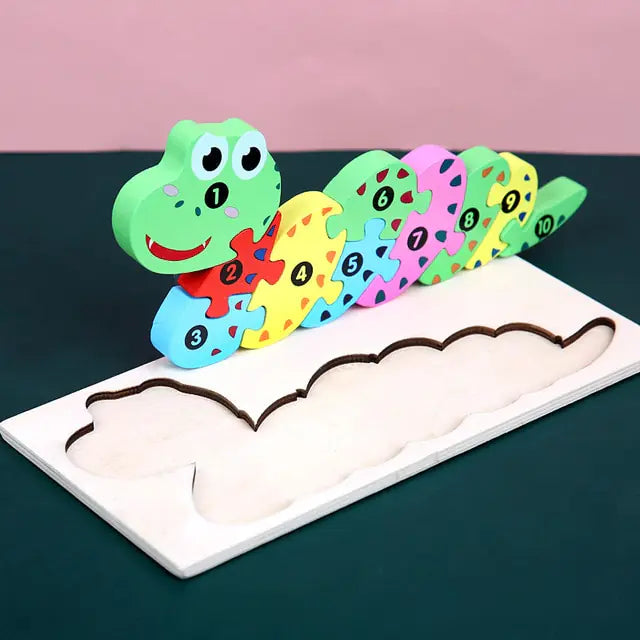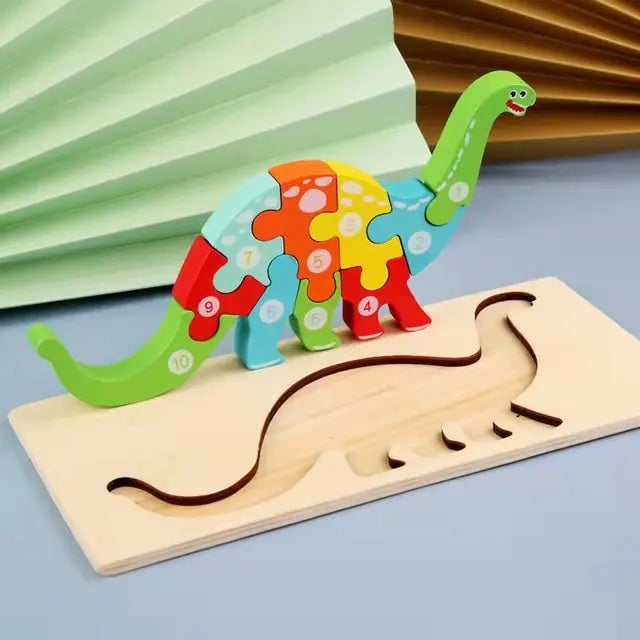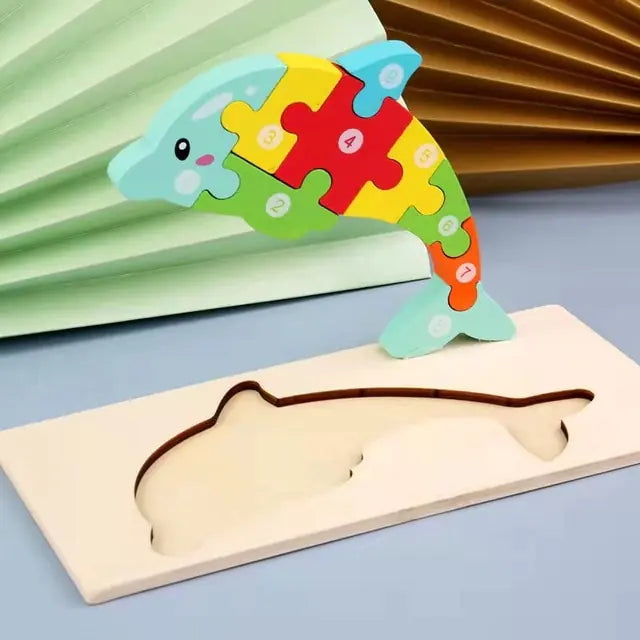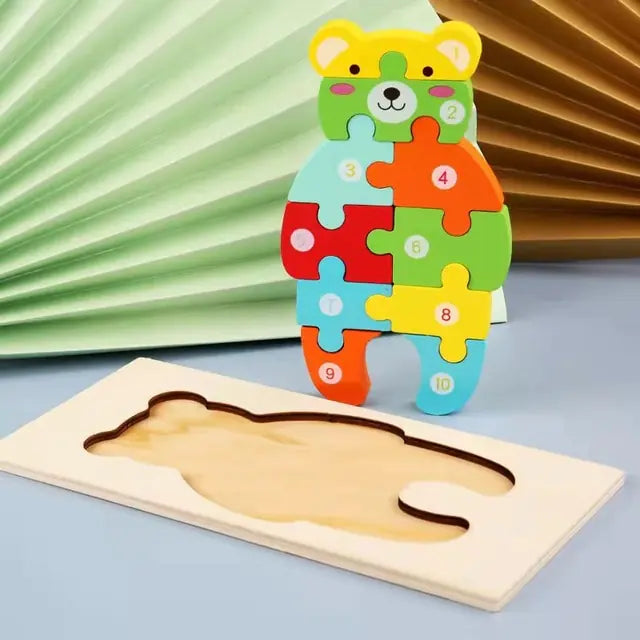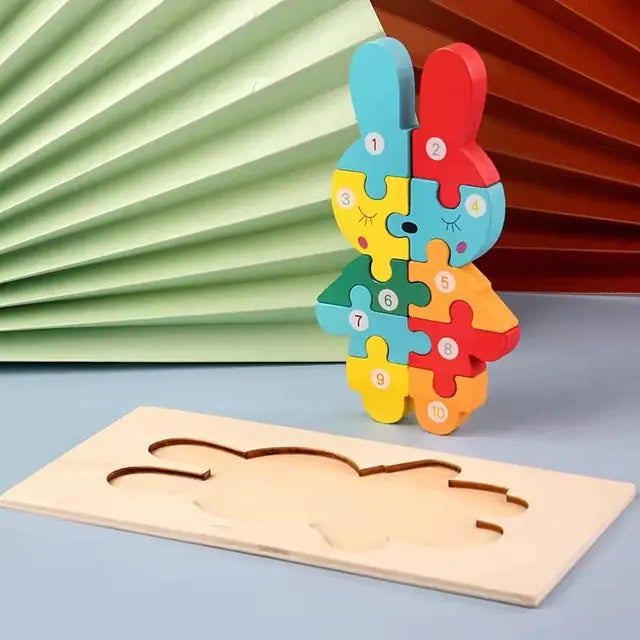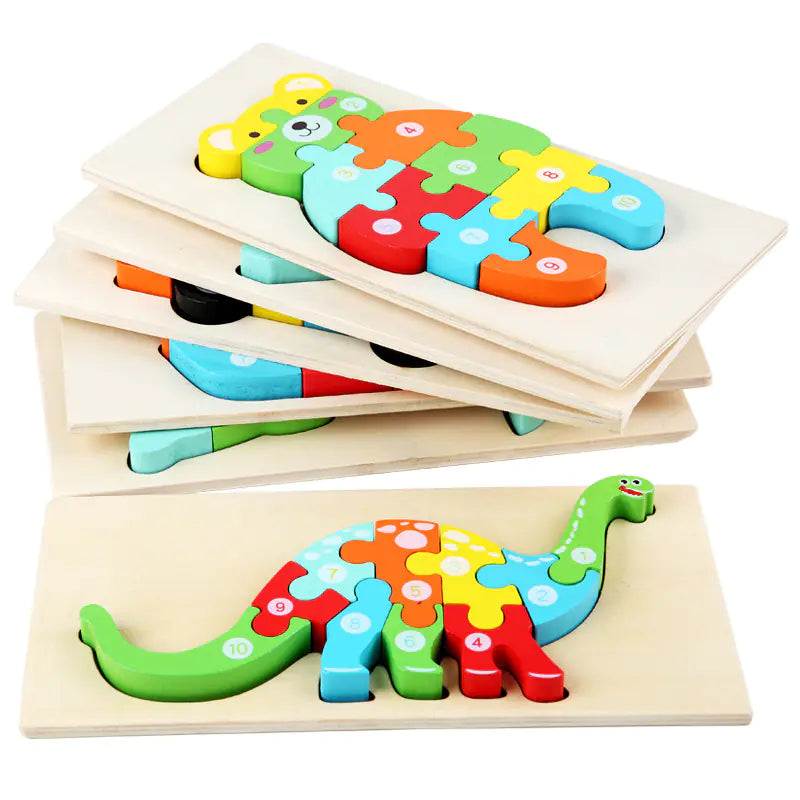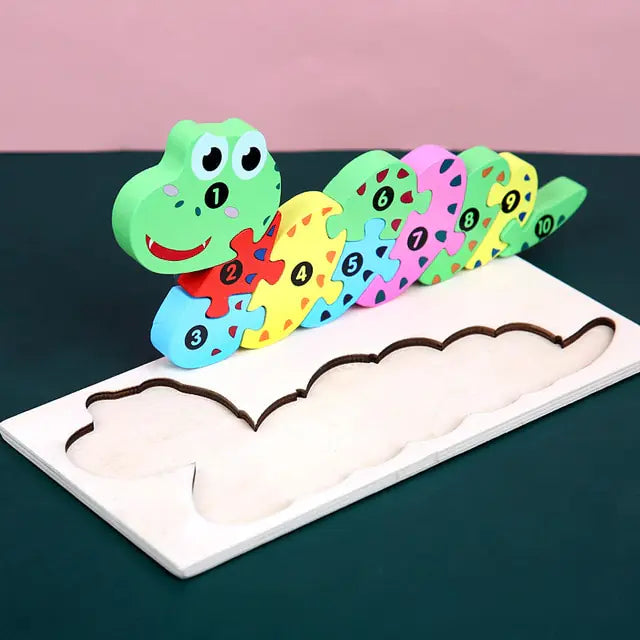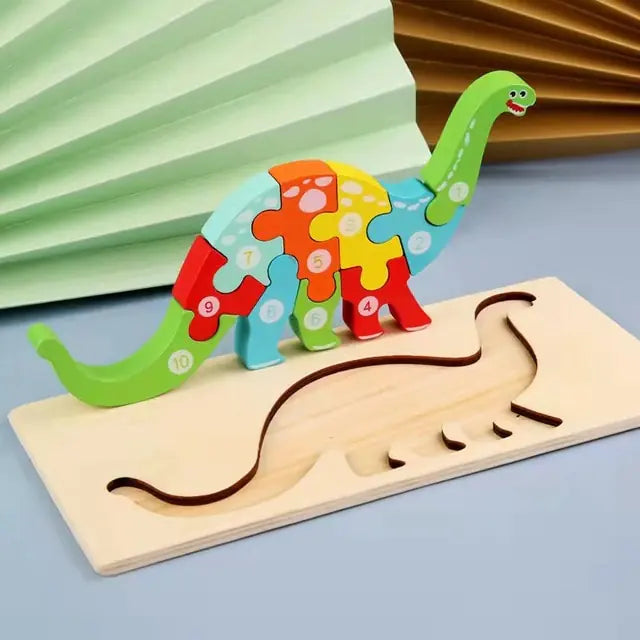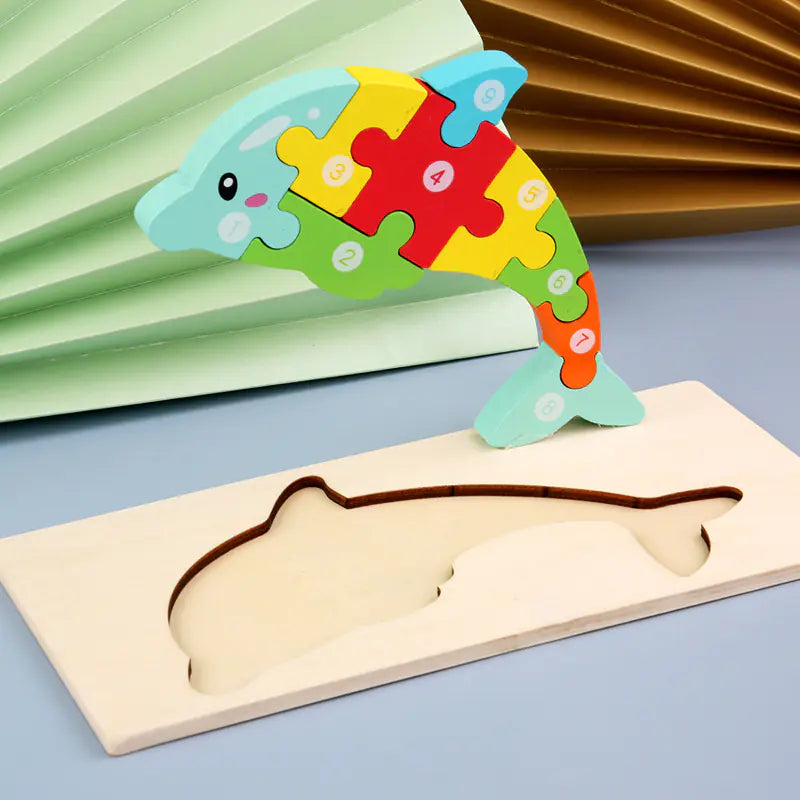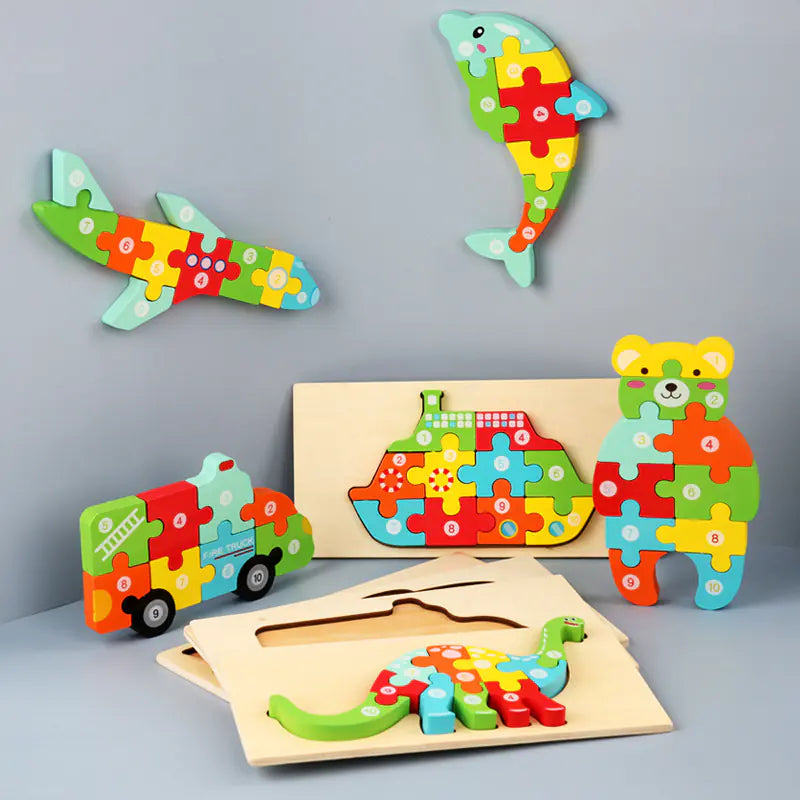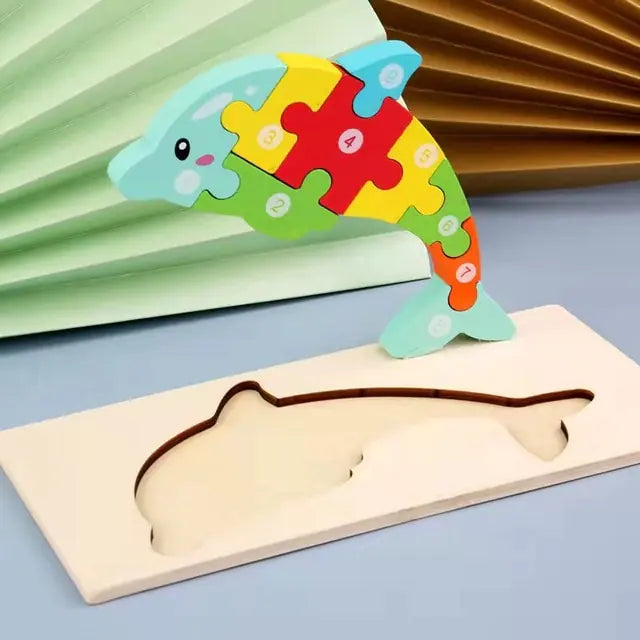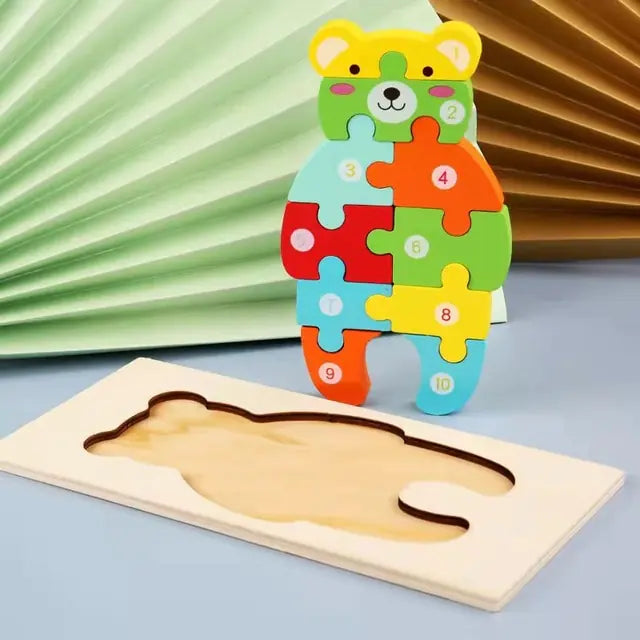In the rapidly evolving landscape of early childhood education, toddler tablets equipped with learning apps are emerging as a revolutionary tool. These devices offer a blend of entertainment and education, making learning a fun and engaging experience for young children. As technology continues to advance, the integration of educational apps into toddler tablets is reshaping the way children learn and develop essential skills from a very young age.
Key Takeaways
- Toddler tablets with learning apps are transforming early childhood education by making it more interactive and engaging.
- These tablets offer numerous benefits for early childhood development, including cognitive, language, and motor skills enhancement.
- Parental controls and safety features ensure that children have a secure and appropriate learning environment.
- Durability, design, and battery life are crucial features to consider when choosing a toddler tablet.
- Educational apps on these tablets are designed to enhance problem-solving, language development, and memory skills in toddlers.
Why Toddler Tablets with Learning Apps Are a Game Changer

The Rise of Digital Learning
In today's tech-savvy world, even toddlers are getting in on the action. The first iPad was released in April 2010, and just three years later, a Pew Internet survey found that half of American parents with children at home own a tablet computer. Families are loading up on tablets and buying educational apps targeted at preschoolers. This trend is shaping the future of education technology (edtech), long before kids ever set foot in a kindergarten classroom.
Benefits for Early Childhood Development
Toddler tablets with learning apps offer a stimulating environment that encourages the development of a multitude of skills. These apps can help toddlers learn problem-solving, language, and even social skills. By carefully selecting educational apps, parents can provide their little ones with opportunities to learn in a fun and engaging way.
Expanding learning opportunities for toddlers is crucial. By using educational apps, we can help our children develop essential skills in a stimulating environment.
Parental Control and Safety
One of the biggest concerns for parents is the safety of their children while using technology. Fortunately, most toddler tablets come with robust parental controls that allow you to monitor and limit what your child can access. This ensures that your child is engaging with age-appropriate content and staying safe online.
- Set time limits to ensure balanced screen time
- Monitor app usage and activity
- Restrict access to inappropriate content
With these features, you can have peace of mind knowing that your child is learning in a safe and controlled environment.
Top Features to Look for in Toddler Tablets

Durability and Design
When it comes to toddler tablets, durability is key. These devices need to withstand drops, spills, and all sorts of rough handling. Look for tablets with sturdy cases and shatterproof screens. The design should also be ergonomic, making it easy for little hands to hold and use.
Pre-Loaded Educational Apps
A great toddler tablet should come with a variety of pre-loaded educational apps. These apps can range from interactive puzzle games to language learning tools. The goal is to provide a balanced mix of fun and education, keeping your child engaged while they learn.
Battery Life and Portability
Long battery life is essential for any toddler tablet. You don't want the device dying in the middle of a learning session or a long car ride. Additionally, the tablet should be lightweight and portable, making it easy to take on the go.
Investing in a high-quality toddler tablet can make a significant difference in your child's early education. Look for features that offer both durability and educational value to get the most out of your purchase.
Best Toddler Tablets with Learning Apps in 2023

The Amazon Fire Kids Edition is a fantastic choice for parents looking for a durable and educational tablet for their toddlers. It comes with a kid-proof case and a two-year worry-free guarantee, which means if it breaks, Amazon will replace it for free. The tablet is pre-loaded with a variety of educational apps and games that are designed to make learning fun. One of the standout features is the parental controls, which allow you to set screen time limits, educational goals, and filter content. Plus, it includes a one-year subscription to Amazon Kids+, giving your child access to thousands of books, movies, TV shows, educational apps, and games.
The LeapFrog LeapPad Academy is another excellent option for educational toys. This tablet is specifically designed for young children and comes with a robust library of educator-approved content. It includes apps that cover a wide range of subjects, from math and science to reading and art. The LeapPad Academy also features a built-in stylus, which helps kids develop fine motor skills while they learn. Parents will appreciate the durable design, which can withstand drops and spills, making it perfect for little hands.
The Samsung Galaxy Tab A Kids Edition is a versatile tablet that offers a great balance between entertainment and education. It comes with 26 child-focused applications that cover foundational skills like literacy, logic, mathematics, and language development. The tablet's interface is easy for kids to navigate, and the parental controls are straightforward to set up. One of the best features is its long battery life, ensuring that your child can learn and play for hours without needing a recharge.
Investing in a high-quality toddler tablet can provide your child with a head start in their educational journey. These tablets are not just toys; they are powerful learning tools that can help develop essential skills in a fun and engaging way.
How Learning Apps Enhance Cognitive Skills

Problem-solving games are a fantastic way to boost your toddler's cognitive skills. These games often present challenges that require kids to think critically and come up with solutions. This not only enhances their problem-solving abilities but also improves their reaction time, motor skills, and hand-eye coordination. Interactive apps offer side benefits like improving reaction time and motor skills, making them a well-rounded tool for development.
Language development apps are designed to help toddlers build foundational language skills. These apps often use a combination of audio, images, text, and video to teach new words and concepts. This multi-modal approach can significantly boost kids' interest in learning and improve their ability to retain information. It's like having a personal tutor that makes learning fun and engaging.
Memory and attention exercises are crucial for early childhood development. Many educational apps include activities that are specifically designed to improve these skills. These exercises can help toddlers practice processing information and identifying ways to interact in the world. They also provide immediate feedback and rewards, which can be incredibly motivating for young learners.
Educational apps enable children to practice processing information and identifying ways to interact in the world.
Balancing Screen Time and Physical Activity

Setting Screen Time Limits
As a parent, it's crucial to set boundaries on your child's screen time. The American Academy of Pediatrics recommends very limited screen time for children younger than age two, and a limit of one hour of screen time per day for kids ages two to five. Regular eye breaks are essential to prevent eye strain and ensure your child isn't glued to the screen for too long.
Encouraging Outdoor Play
Balancing screen time with physical activity is key. Encourage your child to spend time outdoors, whether it's playing in the backyard, going for a walk, or participating in a sport. Outdoor play not only helps in physical development but also provides a much-needed break from screens.
Integrating Educational Apps with Real-World Activities
One of the best ways to balance screen time is by integrating educational apps with real-world activities. For example, if an app teaches about animals, you can plan a trip to the zoo. This not only reinforces what they've learned but also makes learning more engaging and fun.
It's all about finding the right balance between screen time and physical activity to ensure your child's overall development.
Parental Tips for Choosing the Right Learning Apps

Age-Appropriate Content
When selecting learning apps for your toddler, it's crucial to ensure the content is age-appropriate. Apps designed for older children might be too complex and frustrating for younger kids. Look for apps that are specifically tailored to your child's age group to maximize their learning potential and keep them engaged.
Educational Value
Not all apps are created equal. Some are purely for entertainment, while others offer substantial educational benefits. Prioritize apps that focus on foundational skills like math, reading, and problem-solving. Apps that incorporate interactive elements can make learning more engaging and effective.
User Reviews and Ratings
Before downloading any app, take a moment to read user reviews and ratings. Other parents' experiences can provide valuable insights into the app's quality and educational value. Look for apps with high ratings and positive feedback to ensure you're choosing the best options for your child.
Choosing the right learning apps can make a significant difference in your child's early education journey. By focusing on age-appropriate content, educational value, and user reviews, you can provide your toddler with the best tools for learning and development.
The Role of Educational Apps in Preschool Curriculums

When it comes to integrating educational apps into preschool curriculums, teacher-approved apps are a must. These apps are vetted by educators to ensure they meet educational standards and provide valuable learning experiences. They often include interactive games that make learning fun and engaging for toddlers.
Integrating educational apps into the classroom setting can be a game-changer. Teachers can use these apps to supplement traditional teaching methods, providing a more dynamic and interactive learning environment. This not only keeps the kids engaged but also helps in reinforcing the concepts taught in class.
One of the significant advantages of using educational apps is the ability to monitor a child's progress. These apps often come with features that allow teachers and parents to track the child's learning journey, identifying areas where they excel and where they might need extra help. This data can be invaluable for tailoring educational approaches to meet individual needs.
Educational apps offer a unique blend of fun and learning, making them an excellent addition to any preschool curriculum.
Addressing Concerns About Screen Time for Toddlers

As a parent, I totally get the worries about screen time for our little ones. It's a hot topic, and for good reason. While many agree that too much screen time can be detrimental, technology, when used right, can be helpful to the educational and developmental success of young children. The key is finding the right balance and ensuring that screen time is both productive and safe.
Health Implications
One of the biggest concerns is the impact on health. Too much screen time can lead to issues like eye strain and irregular sleep patterns. To combat this, it's essential to monitor your child's screen time and ensure they take regular eye breaks. The American Academy of Pediatrics recommends very limited screen time for children younger than age two, and a limit of one hour per day for kids ages two to five.
Social Interaction
Another worry is that screen time might replace valuable social interactions. While this is a valid concern, interactive and educational apps can actually promote social skills. Many apps are designed to be used with a parent or caregiver, encouraging interaction and bonding. Plus, some apps even have features that allow kids to play and learn with their peers.
Finding the Right Balance
Balancing screen time with other activities is crucial. Make sure to set clear limits on screen time and encourage a variety of activities, including outdoor play and hands-on learning. This way, your child can enjoy the benefits of technology without it taking over their lives.
It's all about a balanced approach. By combining screen time with other enriching activities, we can ensure our kids grow up healthy, happy, and smart.
Future Trends in Toddler Tablets and Learning Apps

One of the most exciting trends in toddler tablets is the integration of AI and personalized learning. These technologies adapt to each child's learning pace and style, providing a customized educational experience. Imagine an app that can identify your toddler's strengths and weaknesses and adjust its content accordingly. This not only makes learning more effective but also keeps your little one engaged.
Augmented Reality (AR) is another game-changer. AR can turn any learning experience into an interactive adventure. For example, an app could bring a storybook to life, allowing your child to see and interact with characters in 3D. This immersive technology makes learning fun and memorable, helping toddlers retain information better.
Collaborative learning platforms are also on the rise. These platforms allow toddlers to interact with their peers in a virtual environment. Whether it's solving puzzles together or participating in group activities, these platforms foster social skills and teamwork. Plus, they offer a safe space for your child to explore and learn with others.
The future of toddler tablets and learning apps is incredibly promising. With advancements in AI, AR, and collaborative platforms, our little ones are set to have an educational experience that's both fun and highly effective.
Real-Life Success Stories with Toddler Tablets

I've heard from so many parents who have seen remarkable improvements in their toddlers' learning abilities thanks to educational tablets. One mom shared how her son, who was struggling with language development, started using a language app on his tablet. Within a few months, his vocabulary had expanded significantly, and he was able to form complete sentences. Another parent mentioned how their daughter, who was initially uninterested in numbers, became fascinated with math games on her tablet and now loves solving problems.
Teachers are also singing praises for these learning tools. An early childhood educator I know uses tablets in her classroom to supplement traditional teaching methods. She noticed that children who used educational apps showed better engagement and retention of information. The interactive nature of these apps makes learning fun and keeps the kids interested. She even mentioned that some of her students, who were previously shy and reserved, became more confident and participative in class activities.
The real proof of the pudding is in the eating, as they say. Kids themselves are achieving milestones that were previously thought to be challenging. For instance, a 4-year-old I know managed to learn basic coding concepts through a game-based app. Another child improved their hand-eye coordination and fine motor skills by playing drawing and puzzle games. These success stories highlight how effective and beneficial toddler tablets with learning apps can be for early childhood education.
It's amazing to see how technology, when used appropriately, can open up new avenues for learning and development in young children.
Customizing Toddler Tablets for Individual Learning Needs

Customizing toddler tablets can make a world of difference in your child's learning experience. The customizable learning experiences of educational apps can be advantageous. Many educational apps for kids offer customization that can align with a particular child’s characteristics. For example, some educational apps allow adults to adjust settings for different levels of difficulty, the types of rewards that apps can offer to kids, and the specific languages in which apps can communicate.
Adaptive Learning Technologies
Adaptive learning technologies are a game-changer. These technologies adjust the difficulty level based on your child's performance, ensuring they are always challenged but not overwhelmed. This personalized approach can help keep your child engaged and motivated to learn.
Special Needs Considerations
If your child has special needs, there are specific apps designed to cater to them. These apps can focus on various skills such as speech, motor skills, and social interaction. Customizing the tablet to include these apps can provide a more inclusive learning environment for your child.
Parental Controls and Custom Settings
Parental controls are essential for ensuring your child's safety while using a tablet. You can set time limits, restrict access to certain apps, and monitor their usage. This way, you can make sure they are getting the most out of their screen time without any risks.
Customizing your child's tablet can offer a well-rounded learning experience, making it easier to integrate educational apps with real-world activities.
Customizing toddler tablets for individual learning needs can significantly enhance your child's educational experience. Discover how tailored technology can make learning fun and effective for your little one. Visit our website to explore our range of customizable toddler tablets and find the perfect fit for your child's unique needs.
Conclusion
In a nutshell, toddler tablets loaded with learning apps are changing the game for early childhood education. These devices offer a fun and interactive way for little ones to pick up new skills and knowledge. But remember, not all apps are created equal. It's super important for parents and educators to choose wisely and ensure the apps are both educational and engaging. With the right tools, we can set our kids up for a bright future, blending play with learning seamlessly. So, here's to the future of education – one tap at a time!
Frequently Asked Questions
What are the benefits of using toddler tablets with learning apps?
Toddler tablets with learning apps offer numerous benefits, including enhanced cognitive skills, improved language development, and increased engagement in learning. They can also provide a safe and controlled environment for children to explore educational content.
How can I ensure the safety of my child while using a toddler tablet?
Most toddler tablets come with robust parental control features that allow you to monitor and restrict content, set screen time limits, and control app downloads. Always choose a tablet with comprehensive safety settings to ensure your child's online safety.
What features should I look for in a toddler tablet?
When choosing a toddler tablet, look for features such as durability, a user-friendly design, pre-loaded educational apps, long battery life, and portability. These features ensure that the tablet is suitable for young children and can withstand rough handling.
Are learning apps effective for early childhood education?
Yes, learning apps can be highly effective for early childhood education when used appropriately. They can enhance cognitive skills, improve problem-solving abilities, and support language development through interactive and engaging activities.
How much screen time is appropriate for toddlers?
The American Academy of Pediatrics recommends no more than one hour of screen time per day for children aged 2 to 5 years. It's important to balance screen time with physical activities and ensure that the content is educational and age-appropriate.
Can learning apps be integrated into preschool curriculums?
Yes, many preschools are integrating learning apps into their curriculums. Teacher-approved apps can complement traditional teaching methods and provide additional resources for monitoring progress and reinforcing learning concepts.
What are some of the best toddler tablets available in 2023?
Some of the best toddler tablets in 2023 include the Amazon Fire Kids Edition, LeapFrog LeapPad Academy, and Samsung Galaxy Tab A Kids Edition. These tablets are designed specifically for young children and come with a range of educational apps and features.
How do I choose the right learning apps for my child?
When choosing learning apps, consider factors such as age-appropriateness, educational value, user reviews, and ratings. Look for apps that offer engaging and interactive content that aligns with your child's learning needs and interests.
